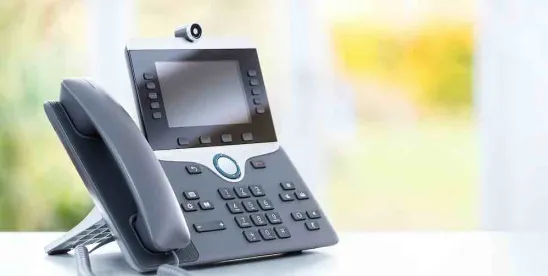As TCPAWorld.com readers know, 2025 has seen a massive rush of TCPA class litigation. Indeed such filings are up over 100 percent from last year– which was already the highest volume year in history.
The biggest volume of TCPA class actions was the so-called quiet hours litigation. This was a massive body of cases brought, in particular, by one firm– Jibreal Hindi’s shop in South Florida.
The theory was simple enough– the TCPA’s CFR provisions mandate “telephone solicitations” cannot be sent before 8 am or after 9 pm. So just find a bunch of people who received texts or calls at 7:58 am of 9:01 pm wherever they happened to be that day and file lawsuits.
This is very easy to accomplish. Folks travel and have cell phone numbers with different area codes. Any vacation traveler can easily demonstrate calls or texts sent too early or too late.
These cases are mostly meritless on their face. Obviously trapping callers based on a called party’s unknown travel plans is not what the FCC had in mind when it promulgated the regs. And regardless “telephone solicitations” is defined to exclude calls made with consent– so the vast majority of “text club” submissions that result in this litigation are outside the scope of the statute anyway.
But this huge volume of cases wasn’t filed with the plan to go all the way. Exactly the opposite. These cases were filed with the plan to settle and settle quickly. And the vast majority of them have.
So this entire body of litigation was essentially nothing more than a shake down effort– and hundreds of businesses were caught in its wake.
As I wrote on Friday, the Supreme Court’s ruling in McKesson changes just about everything under the TCPA, and given the massive wave of quiet hours litigation impact businesses small and large alike, I figured I would start with the ruling’s impact on quiet hours regulations.
Let me start with this– if you have been sued with a quiet hours suit from Hindi DO NOT SETTLE IT. A complete defense is now available. (Not legal advice, just friendly advice.)
As a reminder, McKesson ended district court deference to FCC agency action under the Hobbs Act. While there is some open questions as to whether or not the ruling applies to both declaratory rulings and CFR provisions– McKesson looked a declaratory ruling but the language and analysis used was broad enough to cover both– district courts plainly have much more power to set aside or refuse to apply FCC rules than ever before.
Under the APA courts are now empowered to challenge and invalidate CFR provisions– freed up by both the Hobbs Act’s destruction in McKesson and Chevron’s destruction in Loper Bright.
While this power is likely not complete– where Congress specifically designated authority to an agency to expressly promulgate rules the appropriate scope of review will be limited to whether or not the agency exceeded the scope of that delegation (to be determined). But where an agency acted on its own implied authority in fashioning a CFR provision it seems clear the district courts can now set it aside.
So let’s look at the quiet hours provisions.
The quiet hours provisions of the TCPA are not actually found in the TCPA– they are found exclusively in the CFR, and that’s the point.
The rule reads:
No person or entity shall initiate any telephone solicitation to:
(1) Any residential telephone subscriber before the hour of 8 a.m. or after 9 p.m. (local time at the called party’s location)
The language used here causes a host of problems. But that is not the point for now. The point is must a court apply this FCC-generated rule to begin with?
The answer, following McKesson, may very well be no.
This reg was promulgated by the FCC delegated to it by Congress pursuant to 47 USC 227(c). That provisions provides a lengthy list of considerations and requirements the Commission must consider in implementing and developing what would become the National Do Not call list and related rules.
What the TCPA does not provide authority to the FCC to do– establish quiet hours for marketing calls.
Indeed, the TCPA is entirely silent on rules for marketing other than marketing efforts made to numbers on the DNC list and marketing calls made using regulated technology.
So this ruling was promulgated through the FCC’s implied authority to fashion rules to implement the TCPA. In other words, Congress did not tell it to create these rules– it created them for itself.
This is precisely the sort of action the Supreme Court has just held is subject to review by district courts. And since the FCC just made these rules up with no input from Congress you can expect many courts to be willing to strike the quiet hours rule down.




 />i
/>i

